5. Be honest about what you want to say
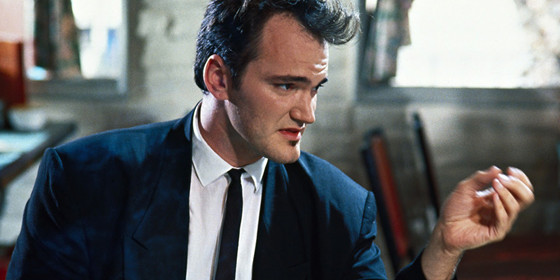
Honesty is the heart of every piece of art. You can’t fool the audience, that’s for sure, and the more honest your art is, the better it will be. Write about something about you know and something that really burns you inside.
You don’t have to write a story that you have personally experienced; Tarantino has never been a gangster, and “Reservoir Dogs” is not about gangsters. Every serious script advisor and screenwriter claims that the story is not about the story – it is about relationships. “Reservoir Dogs” is actually a father-son story.
When Joe gets to the warehouse, he has come to kill Mr. Orange. Mr. White is almost a de facto son character for Joe, and Mr. Orange has become a de facto son character for Mr. White. At the end, Mr. White has to choose between his father and his son; he chooses his son and he’s wrong, but he’s wrong for all the right reasons.
The idea is that the tree is big, the tree is strong, the tree has roots, and they go underneath the ground. You need to know that there are roots down there, but you don’t need to know what those roots are before you make the piece.
Even the motif of revenge of every single Tarantino movie seems to come from these roots: his father abandoned him and his family when he was a child. That’s what burns him inside, what made him write, and what makes up his inner truth. He was honest with himself and what he wanted to say, and that’s what every artist should do.
6. Steal from everyone
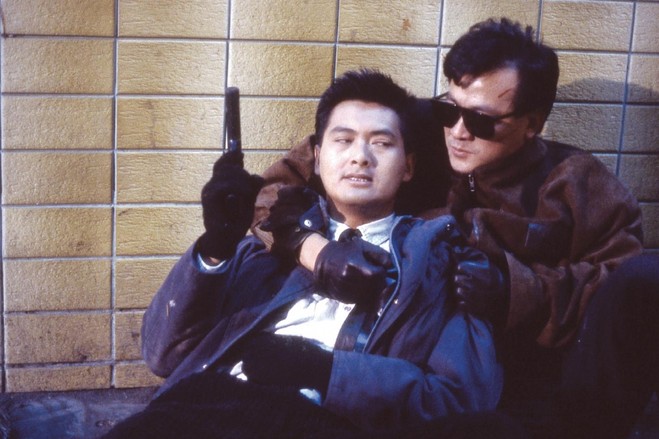
Tarantino has actually said: “I steal from everyone.” However, this doesn’t mean copy. You can be inspired by everything and, of course, from the best, but if you just copy, the audience will know. You have to make it yours, so it can work.
The plot of “Reservoir Dogs” is very similar to that of Ringo Lam’s “City on Fire” (1987) – an undercover cop infiltrates a gang of thieves who plan to rob a jewelry store. But no one can deny that Tarantino has his unique style; he takes something, but he makes it a whole other thing. It seems as though he takes bits from all of the movies he has ever seen (maybe every movie that exists), but not so much tangible bits, just the feeling of it.
Lam ended up describing it perfectly when he was asked about it — he said that basically Tarantino took the last 10 minutes of “City on Fire” and built an entire other movie around the last 10 minutes. Picasso also said it: “Good artists copy. Great artists steal.”
7. Be rough when you must
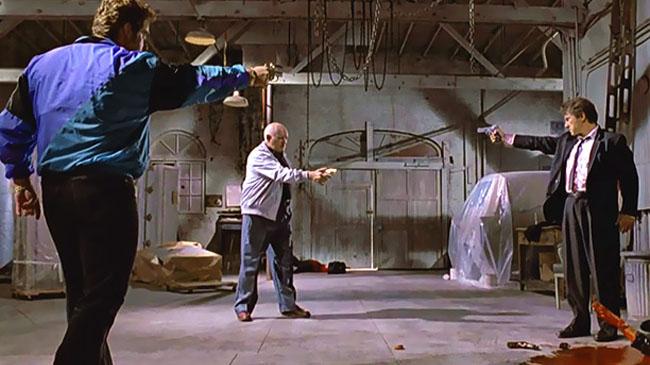
The worst moment on the set of “Reservoir Dogs” is known to be the last 10 minutes of the last day of the first week of the film’s shooting. Tarantino and Lawrence Tierney (Joe) got into a fist fight. Harvey Keitel and Lawrence Bender broke it up.
Tarantino fired Tierney in front of everybody and the crew applauded because everyone hated him. He decided he wasn’t going to put up with Tierney’s whims. Tarantino’s fear of getting fired himself was equally big, but sometimes you have to be rough in order to save your film.
Many new filmmakers are afraid of doing such a thing, but they may cause real damage to themselves. Tarantino has said about the incident: “I was walking around the trailers thinking, shit, you’re going to go back to the video store.” However, because of that, the film was made in the proper way, Tarantino became successful, and Tierney forgotten.
8. Don’t be afraid to do it
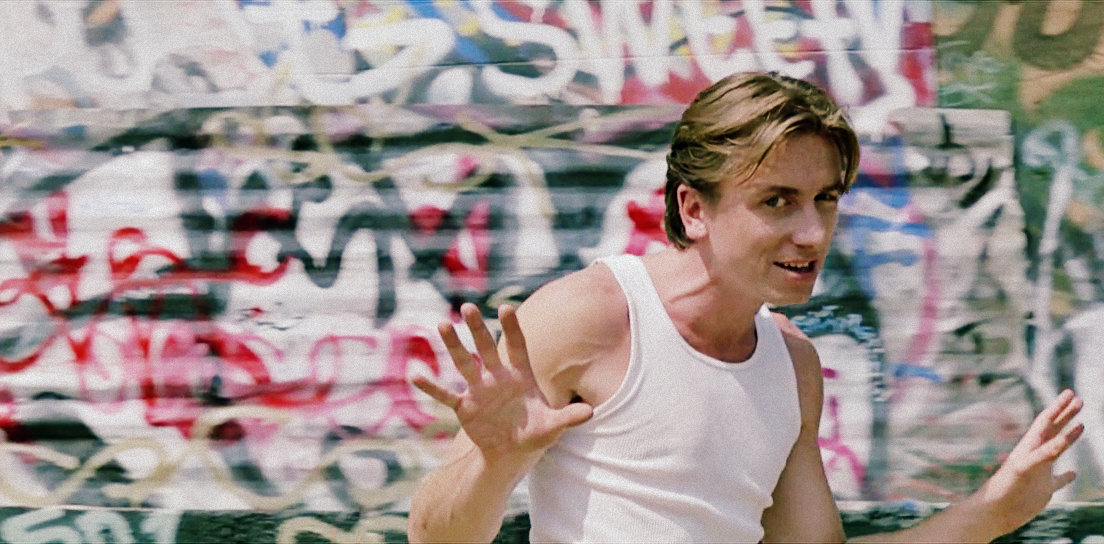
Even professional and already successful screenwriters may think they are not ready for a project. As a result, they spend years writing a film that will eventually be put in a drawer. It is a fact that you and your work have to be exposed. You may be disappointed from the results, but can you spend your whole life waiting?
Tarantino educated himself through watching many films and when he was 26 years old he knew he was ready. You may never be satisfied with your work, but that actually means you have the potential to become even better. But if you don’t show it to anyone, why do it?
9. Be ready for what’s next
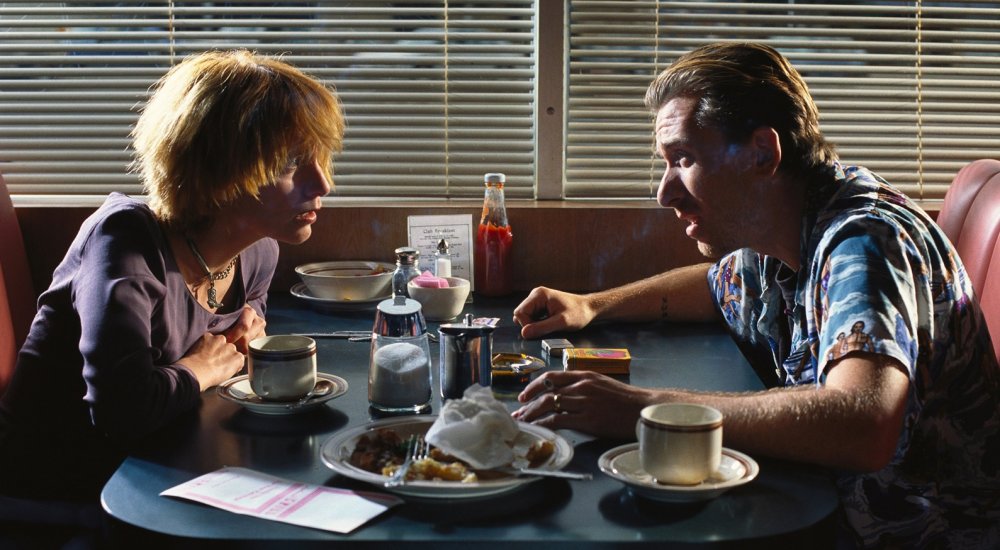
Even if your first feature film is successful, even if it is shown in one or more important festivals, you must be ready for what’s next. Producers may come to you and ask: “What are you thinking for your next film?” If you have nothing to answer, it will be much more difficult to find them later and discuss it with them.
Tarantino had already written “True Romance” and “Natural Born Killers” when he was shooting the Dogs. When in Sundance, he was the center of attention, not only because of his film but also for his already clearly-seen future. That gave him the connections to be able to make “Pulp Fiction” (1994) for $40 million dollars (!). He was ready. Are you?
Author Bio: Alexandros Rellos is currently a film student in Greece. He has written and directed three short films and dreams that one day cinema will respond to his hopeless love. You can support his future cinematic projects here: https://www.patreon.com/alexandrosrellos.